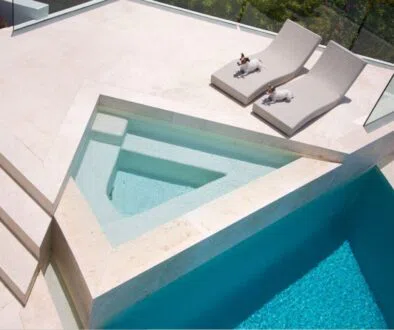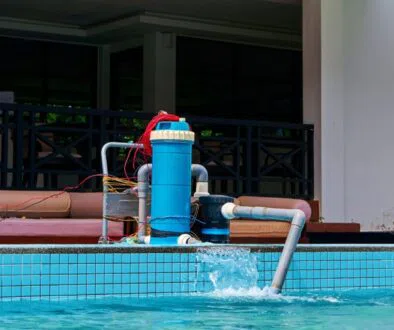How Long Will It Take to Heat My Pool? A Calculator Guide
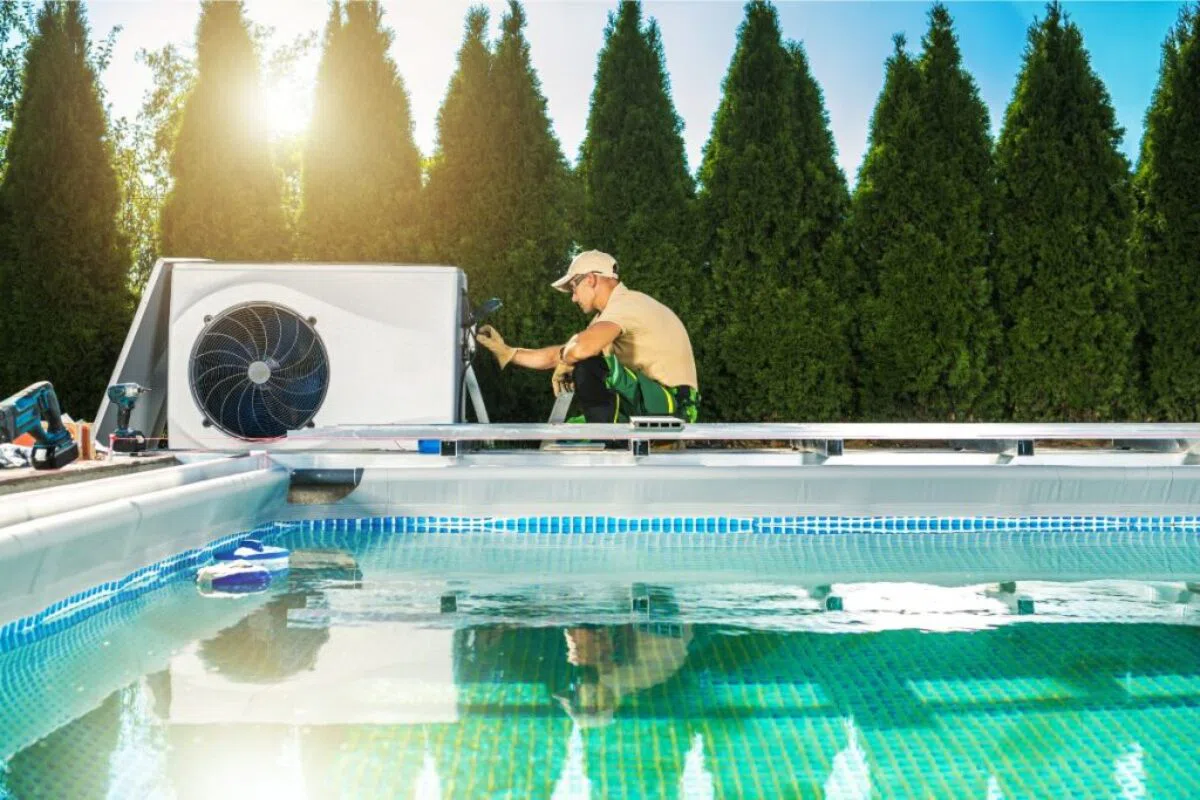
Published Oct. 14, 2024
Heating a pool can be tricky. You want the water to be comfortable but want to save energy and time. So, how long will it take to heat your pool? Using a calculator can make this process easier. This guide will walk you through everything you need about pool heating, using a calculator to estimate the time.
Understanding Pool Heating
Heating your pool depends on several factors. The size of your pool, the heater you use, and the starting temperature all play a role. The bigger the pool, the longer it will take to heat. Your pool heater’s efficiency also matters. If your pool is very cold, reaching a comfortable temperature will take longer.
Why Use a Pool Heating Calculator
A pool heating calculator helps you estimate how long it will take to heat your pool. It considers variables like pool size, heater type, and outside temperature. Without a calculator, you’d be left guessing. Calculators save you time and prevent unnecessary energy costs. They give you a clear picture of what to expect before heating.

Factors That Affect Pool Heating Time
- Pool Size: Larger pools take longer to heat. A small pool might heat in just a few hours, but a large one could take a day or two.
- Heater Type: Gas heaters work faster than electric heaters but can cost more to run. Heat pumps are efficient but may heat more slowly.
- Water Starting Temperature: Colder water takes more time to heat up, especially if the outside air is also cool.
- Desired Temperature: The higher the temperature you want, the longer it will take. Each degree you raise the temperature adds more time.
- Weather Conditions: Windy or cloudy days can cool the pool, making it harder to heat. Sunny days help maintain warmth, making heating easier.
How to Use the Pool Heating Calculator
To use a calculator, you’ll need basic information about your pool. Start by measuring your pool’s volume in gallons. Next, note the starting water temperature. Then, decide what temperature you want your pool to reach. Lastly, enter the type of pool heater you have. The calculator will do the math for you. It estimates how long your heater will need to reach your desired temperature.
Example of Using a Pool Heating Calculator
Let’s say you have a 10,000—gallon pool. The current water temperature is 65°F, but you want it at 80°F. You have a gas heater, which heats faster than other types. Entering this information into this calculator estimates that it will take around 5 hours to heat your pool to the desired temperature. This is just an example, but it shows how useful a calculator can be.
Tips for Faster Pool Heating
There are several ways to speed up the heating process. One option is to use a pool cover. Pool covers trap heat, reducing the time it takes to warm the water. You can also heat your pool when the sun is out. This helps your heater work faster. Finally, using a more powerful heater can significantly reduce heating time, although it may increase energy costs.
Common Types of Pool Heaters
- Gas Heaters: These are quick but can be expensive to run. They are ideal for heating your pool in just a few hours.
- Electric Heaters: Slower than gas, but often more cost-effective. They’re a good option for long-term heating.
- Heat Pumps: Heat pumps take heat from the air to warm your pool. They are very efficient but can take longer, especially in cooler climates.
- Solar Heaters: Solar heaters use the sun’s energy. They’re eco—friendly but depend on sunny weather to work well.
How to Choose the Right Pool Heater
When choosing a heater, consider how quickly you need to heat your pool. If speed is your main concern, a gas heater is your best bet. A heat pump or electric heater might be better if you’re more concerned with energy costs. Solar heaters are a great option if you live in a sunny area and want to save on energy bills.
How to Maintain Your Pool Heater
Pool heaters, like any equipment, need regular maintenance. Clean your heater’s filters regularly to keep it running efficiently. Also, check for any leaks or damage. If your heater isn’t working as fast as it used to, it might be time for a service check. Regular maintenance will help your heater last longer and keep your pool warm.
Benefits of Heating Your Pool
Heating your pool offers several benefits. A warm pool is more comfortable for swimming, especially in cooler months. You can extend your swimming season, getting more use out of your pool. A heated pool also provides relaxation and a great way to unwind after a long day. Overall, pool heating improves your swimming experience and makes your pool more enjoyable.
How to Save Energy While Heating Your Pool
Heating a pool can be costly, but there are ways to save energy. First, always use a pool cover when you’re not swimming. This keeps the heat in and reduces the energy your heater needs. Also, only heat your pool when necessary. Avoid setting the temperature too high, increasing heating time and costs. Finally, consider using a timer to control when your heater runs.
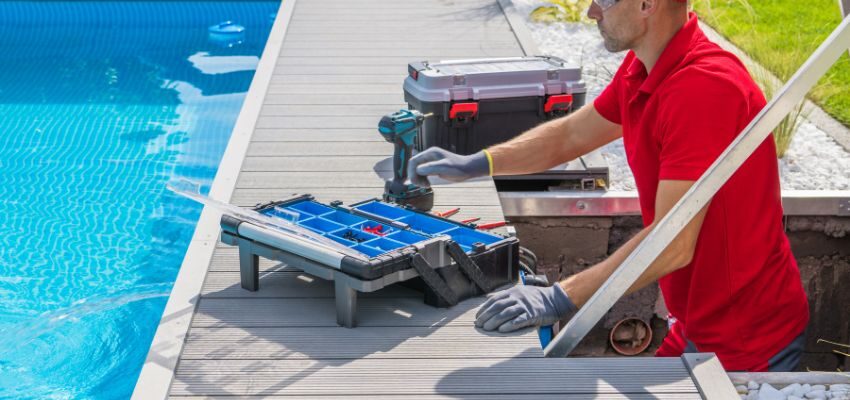
Signs Your Pool Heater is Working Efficiently
It’s important to know that your pool heater is working properly. The water should warm up at a steady pace. If the heater is taking longer than usual, something might be wrong. Another sign of efficiency is lower energy bills. If your bills are higher than expected, your heater could be struggling. Regular checks and maintenance can prevent issues and keep your heater running smoothly.
When to Replace Your Pool Heater
Sometimes, repairs aren’t enough. If your heater is old or frequently breaks down, it might be time for a replacement. Newer models are often more energy-efficient, saving you money in the long run. If your pool heater isn’t heating as well as it used to, replacing it can make a big difference. Be sure to consult with a professional before making your decision.
Frequently Asked Questions (FAQs)
1. How long will it take to heat my pool by 10 degrees?
The time it takes depends on your heater and pool size. On average, a gas heater can raise the temperature by 10 degrees in about 2-4 hours.
2. Can I use a pool heating calculator for any heater type?
Most calculators can be used for gas, electric, and heat pump heaters. Just make sure to select the right type in the settings.
3. What is the most efficient way to heat my pool?
Using a pool cover and heating your pool during the day can make the process more efficient. Gas heaters are faster, but heat pumps are more energy-efficient.
4. Does outside weather affect pool heating time?
Yes, cooler weather can slow down heating, while warmer, sunny days can speed it up.
5. How often should I maintain my pool heater?
It’s recommended to check and clean your heater at least once a year to ensure it runs efficiently.
6. Are solar heaters worth it?
Solar heaters are eco-friendly and save on energy costs, but they work best in sunny areas.
Final Thoughts
Using a pool heating calculator is the easiest way to estimate how long it will take to heat your pool. By considering factors like pool size, heater type, and weather conditions, you can plan for a comfortable swim. Regular maintenance and smart heating practices will ensure your pool stays warm and energy costs remain low.
Hire Boca’s Favorite Pool Builders
Excel Pool and Patio Solutions is your trustworthy provider of pool services in Boca Raton. We are experts in pool and patio remodeling and can handle your resurfacing needs as well. Our technicians are vetted and trained for your guaranteed satisfaction. Get to know us by browsing our website or reaching out to us with any questions.
Contact our team today to request a free estimate for pool construction, maintenance, repairs and more.
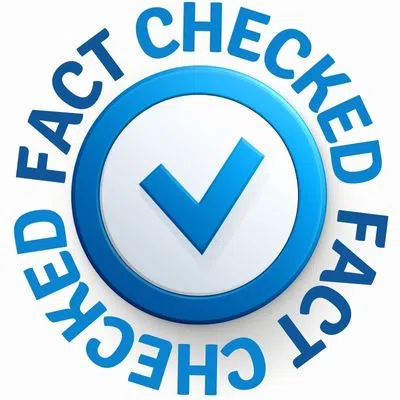
Fact Checked By Experts
This is original content and has been diligently fact checked by our internal team of experts. Discover more about the rigorous editorial standards we uphold for our website here.

About The Author
Hello! I am Corinne, a graduate of Riverside College. My career has evolved into focusing on writing, where I deliver high-quality and meticulously researched content. I have a proven track record of developing helpful articles that engage a wide variety of readers.

